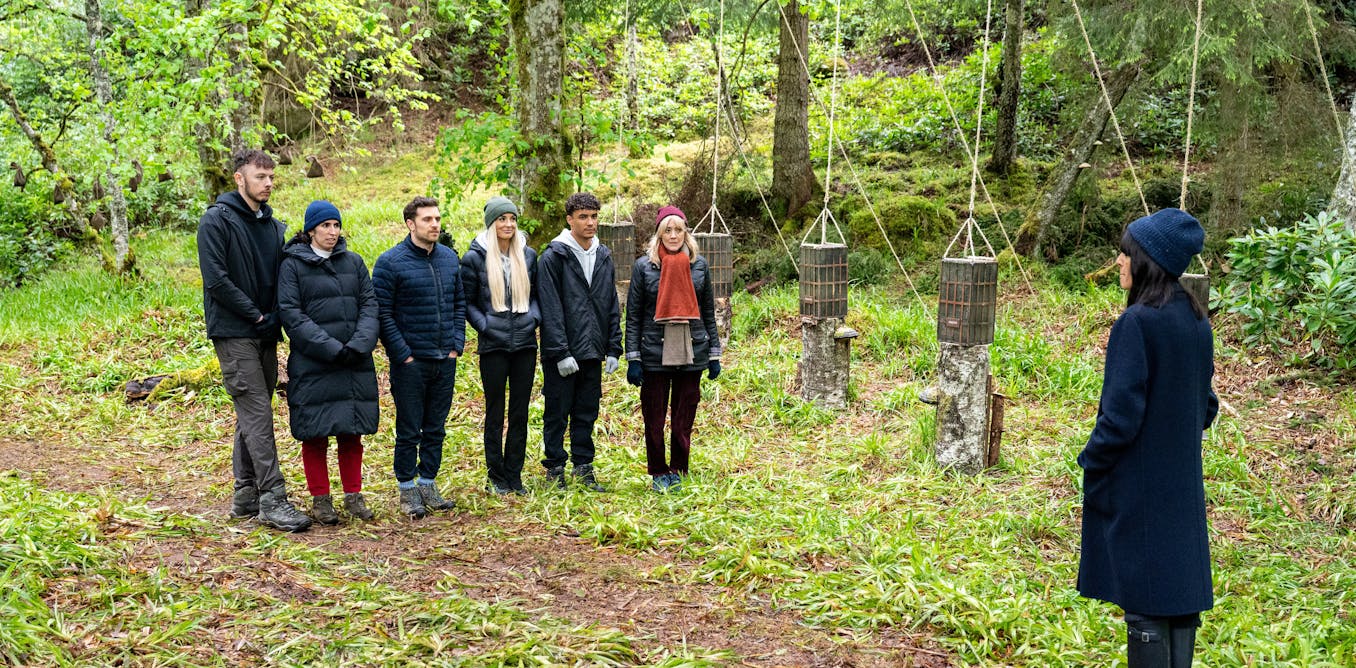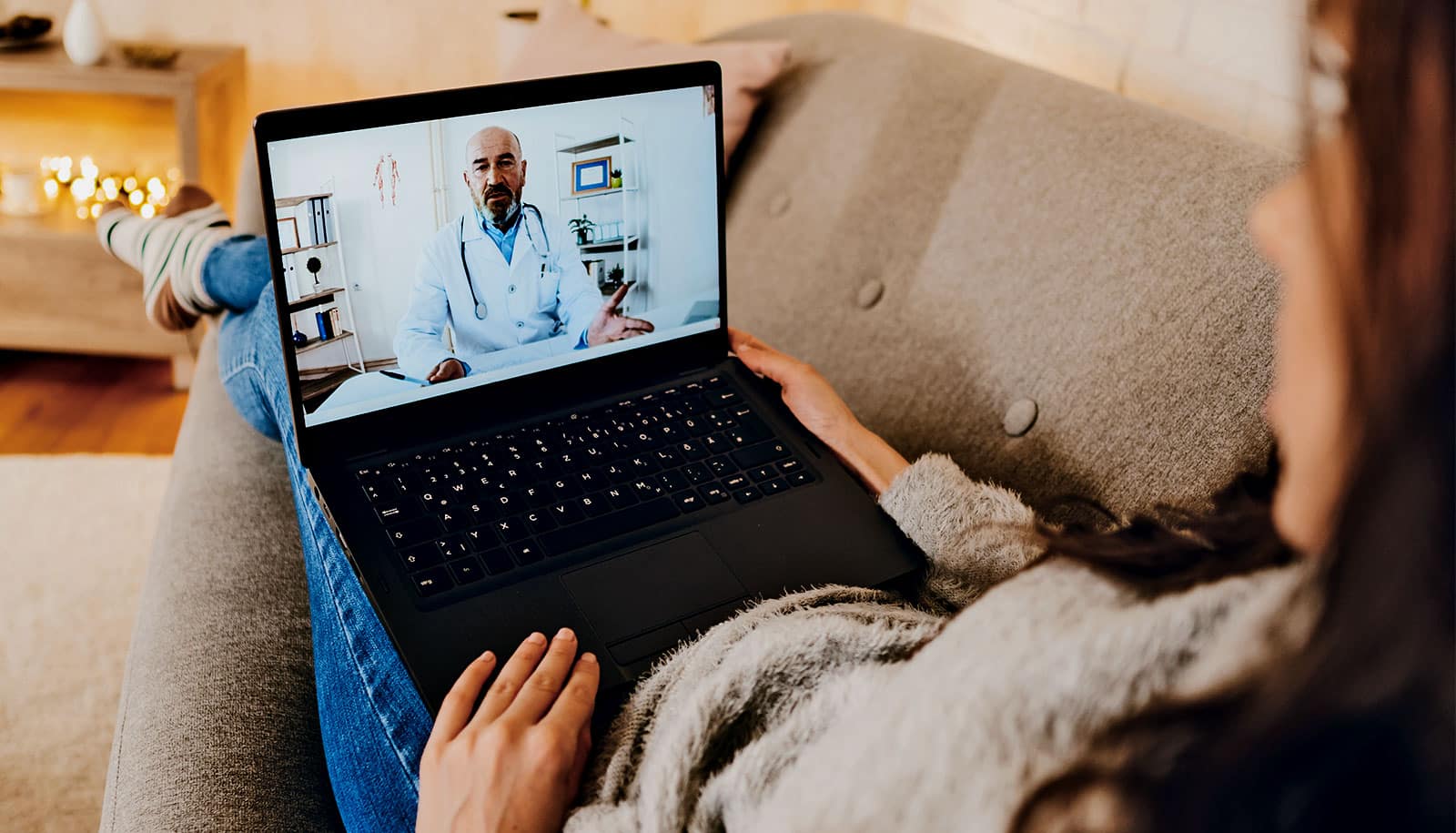I’m an expert in crafting public health messages: Here are 3 marketing strategies I use to make Philadelphia healthier
The same tools that companies use to sell products can be used to encourage people to get vaccinated, get a colonoscopy or get treated for an infection.
June 23, 2025 • ~8 min










